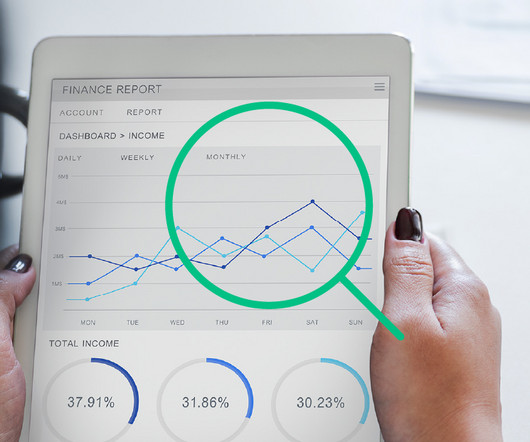Resolve to Be More Proactive in 2024
Your Virtual Credit Manager
JANUARY 9, 2024
Then last week we looked at credit hold best practices. From a credit management perspective, these are largely reactive topics. In fact, once you decide to sell a customer on open credit, most of the accounts receivable (AR) management tasks that follow have a reactive component. There is nothing wrong with that.












Let's personalize your content